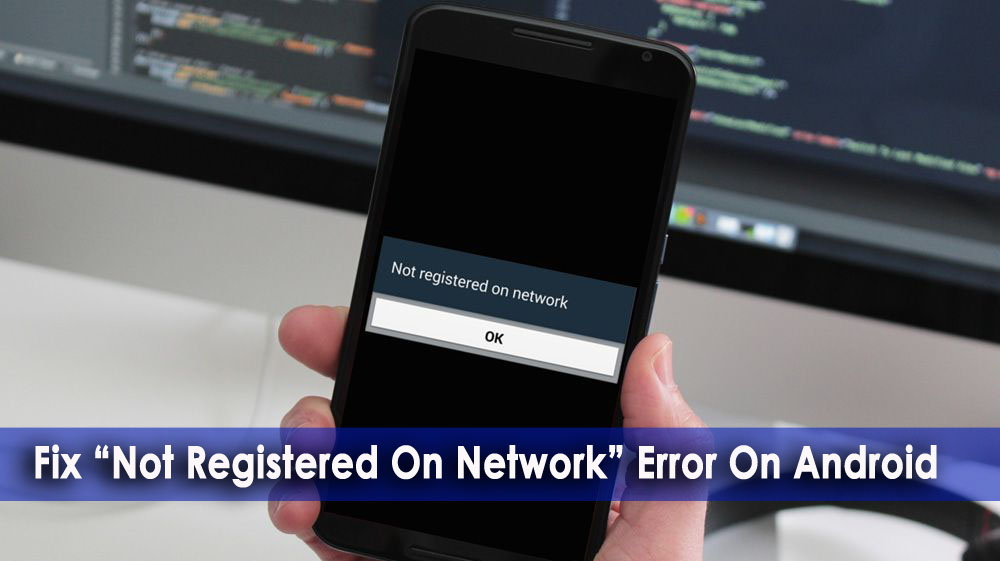
- Uri not registered in android studio debug install#
- Uri not registered in android studio debug registration#
- Uri not registered in android studio debug password#
content_type = 'application/json' ) self. assertTrue ( data_register = 'Successfully registered.' ) self. assertTrue ( data_register = 'success' ) self.
Uri not registered in android studio debug password#
dumps ( dict ( email =, password = '123456' )), content_type = 'application/json', ) data_register = json.
Uri not registered in android studio debug registration#
client : # user registration resp_register = self. In this first test, we register a new user, log them in, and then attempt to log them out before the token expires.ĭef test_invalid_logout ( self ): """ Testing logout after the token expires """ with self. assertTrue ( data = 'Successfully logged out.' ) self. post ( '/auth/logout', headers = dict ( Authorization = 'Bearer ' + json. status_code, 200 ) # valid token logout response = self. assertTrue ( data_login = 'Successfully logged in.' ) self. assertTrue ( data_login = 'success' ) self. dumps ( dict ( email =, password = '123456' )), content_type = 'application/json' ) data_login = json. status_code, 201 ) # user login resp_login = self. We’ll get to this shortly.ĭef test_valid_logout ( self ): """ Test for logout before token expires """ with self. NOTE: We still need to check if a token is blacklisted. So, if the token is valid and not expired, we get the user id from the token’s payload, which is then used to get the user data from the database. id ) responseObject = return make_response ( jsonify ( responseObject )), 401 commit () # generate the auth token auth_token = user. get ( 'password' ) ) # insert the user db. first () if not user : try : user = User ( email = post_data. get_json () # check if user already exists user = User. NOTE: We have used a static method since it does not relate to the class’s instance.Ĭlass RegisterAPI ( MethodView ): """ User Registration Resource """ def post ( self ): # get the post data post_data = request. Invalid Token: When the token supplied is not correct or malformed, then an InvalidTokenError exception is raised.This means the time specified in the payload’s exp field has expired. Expired Signature: When the token is used after it’s expired, it throws a ExpiredSignatureError exception.If invalid, there could be two exceptions: If the auth_token is valid, we get the user id from the sub index of the payload. To verify the auth_token, we used the same SECRET_KEY used to encode a token. We need to decode the auth token with every API request and verify its signature to be sure of the user’s authenticity. InvalidTokenError : return 'Invalid token. ExpiredSignatureError : return 'Signature expired. get ( 'SECRET_KEY' )) return payload except jwt.

Uri not registered in android studio debug install#
To work with JSON Web Tokens in our app, install the PyJWT def decode_auth_token ( auth_token ): """ Decodes the auth token :param auth_token: :return: integer|string """ try : payload = jwt.

We’ll dive a bit deeper into the payload, but if you’re curious, you can read more about each part from the Introduction to JSON Web Tokens article. The tokens themselves are divided into three parts: In the latter case, the server issues a new token. This cycle repeats until the token expires or is revoked.


( env ) $ psql # \ c flask_jwt_auth You are now connected to database "flask_jwt_auth" as user "michael.herman".


 0 kommentar(er)
0 kommentar(er)
